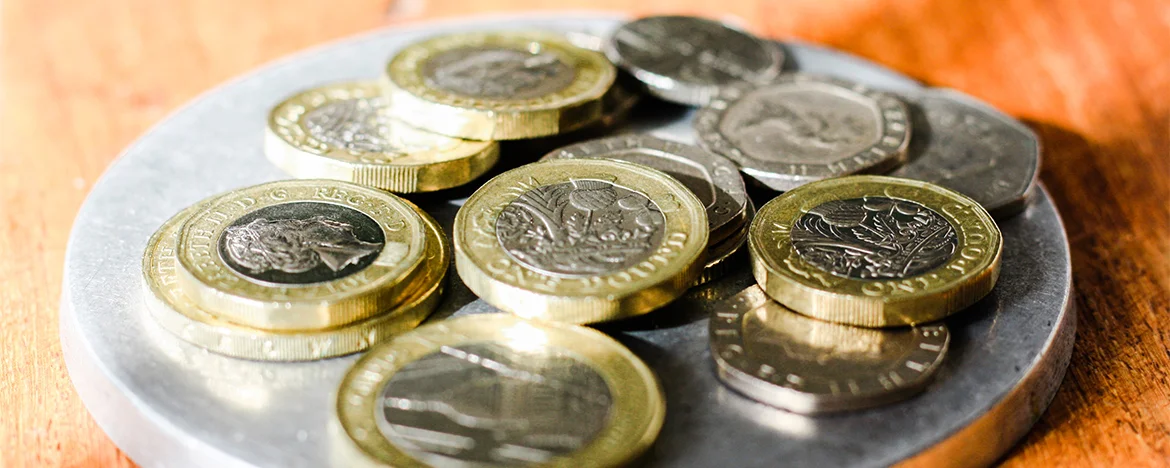What does the Spring Budget 2024 mean for you and your wallet?
The always-anticipated-with-bated-breath Spring Budget came this week, and with it, a few seeds of hope that the upcoming year might not be so bleak.
Though the term ‘cost of living crisis’ doesn’t seem to be disappearing from our screens any time soon, and 2023 was a year that I think most of us would like to forget, 2024 seems more hopeful.
Perhaps it’s just that the sun came out this week.
But nevertheless, the Spring Budget represents a chance for growth, and an opportunity for the government to set out the ways in which they plan to grow the economy and make life a little easier for us all.
But how does the Spring Budget affect motorists?







